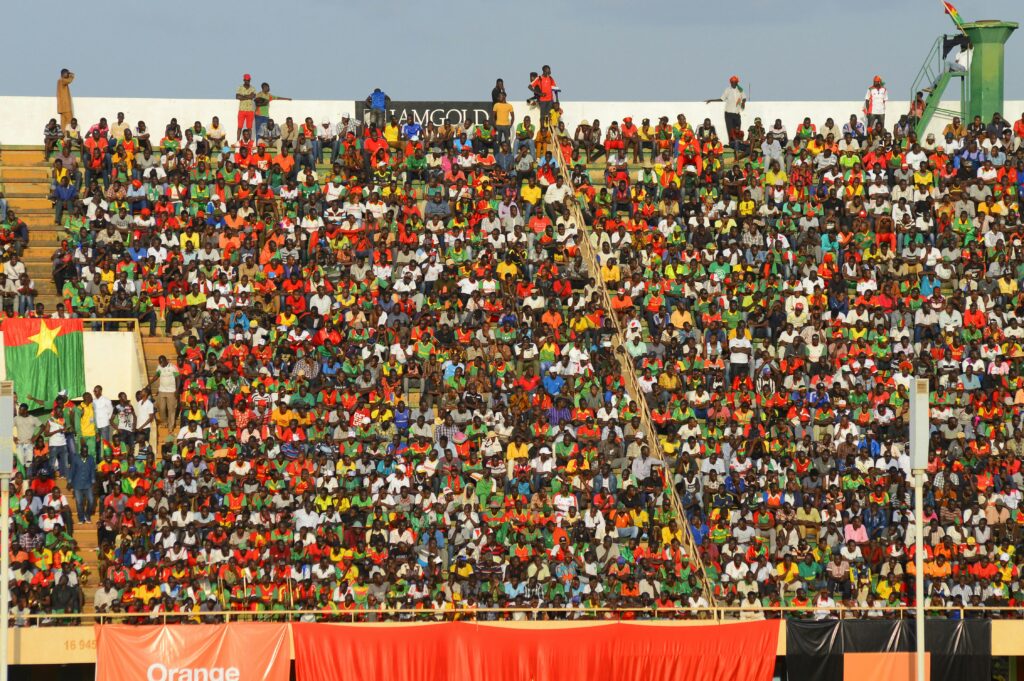- Politics
- Burkina Faso Decolonization
- By Manohar Patil
Burkina Faso's Unfolding Sovereignty: A Journey Beyond Colonialism
Burkina Faso, a landlocked nation in West Africa, has a rich history marked by resilience and a continuous striving for self-determination. Its journey to political independence in 1960, a key chapter in the broader story of Burkina Faso decolonization, was a pivotal moment. However, the narrative of “freedom from colonialism” for Burkina Faso extends far beyond the lowering of the French flag, encompassing ongoing efforts to assert true economic, cultural, and political sovereignty in the face of persistent external influences and internal challenges.
From Upper Volta to Burkina Faso: The Path to Independence
Formerly known as Upper Volta, the territory that is now Burkina Faso became a French protectorate in the late 19th century and later a colony within French West Africa. Like many other African nations, the mid-20th century saw a burgeoning nationalist sentiment fueled by educated elites, trade unionists, and traditional leaders. The desire for self-rule intensified in the post-World War II era, as France, weakened by the war, began to concede more autonomy to its colonies.
Key figures like Maurice Yaméogo played roles in the political landscape leading up to independence. While the transition was largely negotiated rather than achieved through armed struggle, it represented the culmination of decades of yearning for liberation. On August 5, 1960, Upper Volta officially gained its independence from France, marking a significant victory in the process of Burkina Faso decolonization.
The Legacy of Colonialism and the Quest for True Autonomy
Despite formal independence, the shadows of colonialism lingered. Economic structures inherited from the colonial era often left newly independent states reliant on former colonial powers. For Burkina Faso, this meant a continued dependency on the export of raw materials and limited industrial development. French cultural and educational systems also exerted a strong influence.
The name change from Upper Volta to Burkina Faso in 1984, under the revolutionary leadership of Thomas Sankara, symbolized a powerful rejection of this lingering colonial mindset. “Burkina Faso” translates to “Land of the Upright People” or “Land of Incorruptible People,” a clear assertion of national pride, integrity, and a break from the colonial nomenclature. Sankara’s vision championed self-reliance, agrarian reform, and a rejection of external aid with strings attached, aiming for a deeper level of Burkina Faso decolonization that extended beyond mere political sovereignty.
Navigating Modern Challenges and Asserting Sovereignty
Today, Burkina Faso continues to navigate a complex landscape of internal security challenges, climate change impacts, and external pressures. The recent political shifts and popular movements reflect a continued desire among Burkinabè citizens for greater control over their destiny and resources. There’s a growing sentiment for a more assertive foreign policy, diversifying partnerships, and reducing reliance on traditional alliances that are perceived by some as perpetuating a neo-colonial relationship.
The efforts to strengthen local governance, promote sustainable development, and foster a truly independent judicial system are all integral to the ongoing process of Burkina Faso decolonization. While the path is challenging, the enduring spirit of the Burkinabè people, their rich cultural heritage, and their unwavering commitment to self-determination continue to drive the nation forward in its journey towards complete and genuine sovereignty.
Share this Article
WhatsApp
LinkedIn
Telegram
Email
Get Daily Updates to Your Inbox
Subscribe to News Letter
Advertisement


